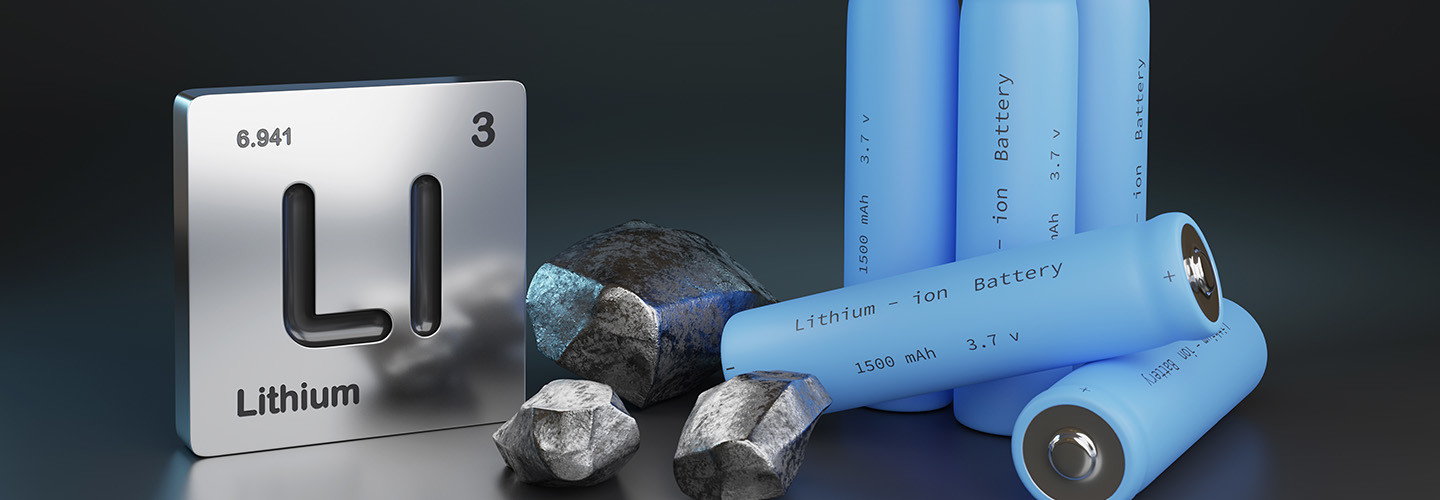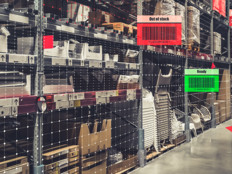Who Needs Persistent Power?
While data centers and servers typically top the list of power priorities, the always-on and always-connected nature of many new technologies means that UPSs are now appropriate in many situations.
For example, retail companies may deploy UPSs to keep point-of-sale devices up and running even during a power outage, while financial and legal firms may opt to protect desktops with UPSs so work is uninterrupted. Put another way, UPSs are now a necessity for any business using technology for mission-critical operations. If sudden downtime of a specific system could derail productivity and damage revenue, that system needs a UPS.
READ MORE: How small organizations get bigger with customer relationship management tech.
The Problem with Lead-Acid Batteries
For decades, lead-acid batteries have been the go-to option for UPSs. While the efficiency of these batteries has improved since their invention in 1859, their basic operation remains the same: Lead is submerged in sulfuric acid, which creates a chemical reaction that produces electricity.
Lead-acid batteries are often cost-effective to purchase and are widely available, but they come with several drawbacks.
The first is efficiency: To power even small server rooms or data centers, companies may need hundreds of batteries. The more batteries they use, the more heat they generate — and heat is bad for technology.
To avoid damage, components must be cooled, which requires even more power, and the cycle repeats. And because each battery contains a finite amount of sulfur ions, lead-acid batteries have a limited lifespan of approximately three to five years.
The Benefits of Lithium-Ion Alternatives
Lithium-ion batteries, such as those from APC, offer an alternative to traditional lead-acid batteries for UPSs. These batteries came onto the market about five years ago, but high price points put them out of reach for most companies. Improvements in production, however, have reduced the cost enough to bring them into the mainstream market.
These batteries offer several advantages over lead-acid for UPSs. The first is device life. Compared with lead-acid batteries’ three- to five-year lifespans, lithium-ion batteries can last at least a decade. They also produce power much more efficiently, allowing companies to reduce the total number of batteries purchased and better manage their replacement schedules.
To avoid downtime, companies must proactively replace their batteries before they fail, so the best practice for lead-acid batteries is to replace them every three years. Lithium-ion batteries follow a similar logic, but with battery replacement recommended at eight years.
DISCOVER: Why direct-view LED adoption is gaining momentum.
Why Lithium-Ion Alternatives Are Better for the Environment
From an environmental perspective, lithium-ion batteries are also superior to their lead-acid counterparts. According to recent research, lithium-ion batteries release between 18 and 45 percent less carbon dioxide over their usable life compared with lead-acid batteries.
The result is a UPS system powered by batteries that are more efficient, last longer and are less damaging to the environment. And because companies need fewer lithium-ion batteries, they can further reduce their environmental footprint, especially if they choose battery replacement and environmentally friendly removal from APC.
Companies can’t afford unexpected power outages. With demand for energy rising, however, outage potential is on the rise.
UPSs powered by APC lithium-ion batteries can help companies ensure they have persistent power, available when needed, while simultaneously reducing their environmental impact.
This article is part of BizTech's AgilITy blog series. Please join the discussion on X (formerly Twitter).












